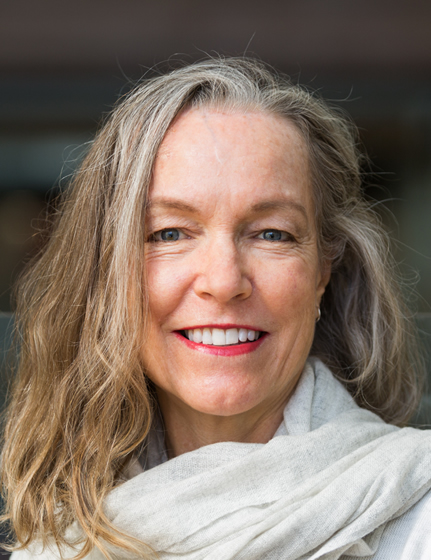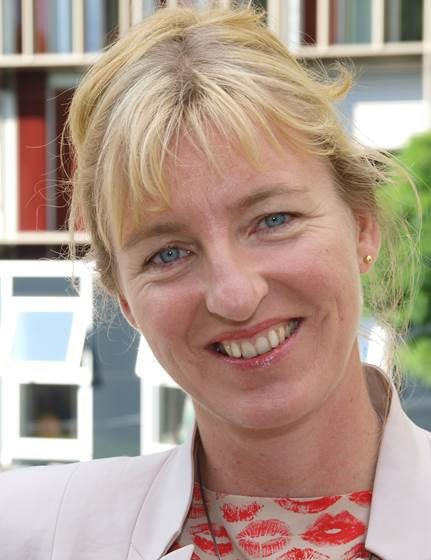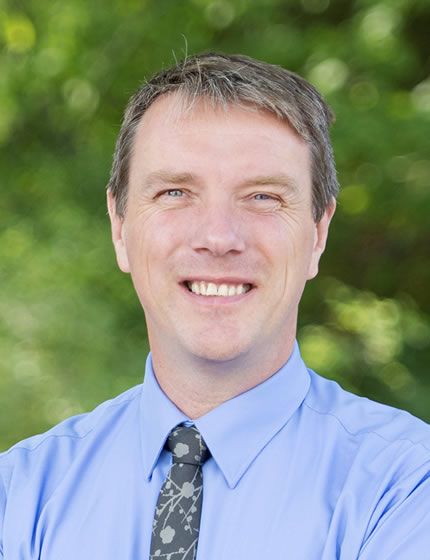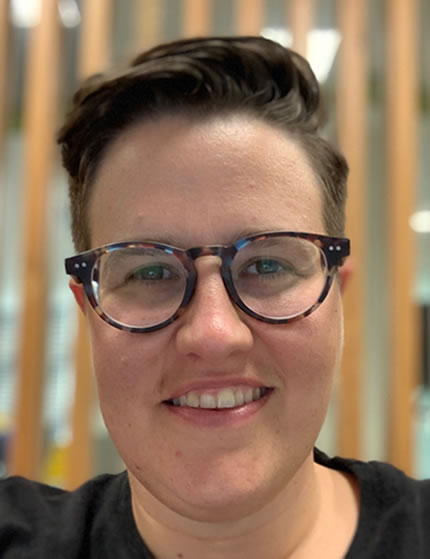
Keynote speakers

Dr Roslyn Appleby, University of Technology Sydney
Roslyn is a Senior Lecturer in Applied Linguistics and TESOL at the University of Technology Sydney. Her research interests include the cultural politics of language and literacy, critical gender studies, and human-animal relationships.
She is the author of ‘ELT, Gender and International Development’ (Multilingual Matters, 2010), and ‘Men and Masculinity in Global English Language Teaching’ (Palgrave Macmillan, 2014), and ‘Sexing the Animal in a Posthumanist World’ (Routledge, forthcoming).
Abstract: Animals, Arts, and Adult Literacies
In this presentation I speak to two issues of relevance for educators in the field of adult literacy. The first issue concerns the ways in which educators engage with environmentalism in their pedagogical practices and, in particular, how we might view environmentalism through the lens of our relationship with non-human animals. The second issue concerns the ways in which educators engage with the visual arts and multimodality in teaching and learning. I discuss how these two broad issues overlap in interesting ways and how each can provide a rich source of inspiration for education in adult literacy. I will be drawing on my own experience of literacies in higher education with the aim of sparking further discussions about the important role of animals, the environment, and the arts in our professional practices.

Prof. Dr. Anke Grotlueschen, Hamburg University, Germany
Anke is Professor for Lifelong Learning (W3) at Hamburg University. She oversees some four million Euro research grants mostly focused on assessment, literacy and lifelong learning.
This includes the development of so-called Alpha-Levels within and below the PIAAC Level One in order to further investigate low skilled populations. The development of formative assessment items in literacy and numeracy (2010) as well as the participation in the OECD What Works study on Formative Assessment (2008) led to the nationwide Level One Survey (2011).
Abstract: Vulnerability in Adult Life - and how it affects Numeracy Practices
Have demands for and complexity of numeracy practices risen or declined since the 1990ies? How do adults handle a lower level of income after retirement? Do women manage small amounts of money while men care for the big amounts of money? Are debt and homelessness caused by not controlling your budget? How confident do Syrian refugee students feel towards mathematics? Do low numerate adults receive more training than others? And does numeracy feature in the Sustainable Development Goals?
The Hamburg Numeracy Project (2017-2020) gives fresh answers to some of these questions, showing the relevance of Numeracies for being critical and for getting your ‘fair share’. Moreover, the data from the Project contradict stereotypes regarding vulnerable phases in adult life: those who need to manage tight budgets, calculate more often than others, not vice versa (Grotlüschen et al. 2019). Still, gender and literacy-based inequalities are visible in many ways.
Grotlüschen, A., Buddeberg, K., Redmer, A., Ansen, H. & Dannath, J. (2019). Vulnerable Subgroups and Numeracy Practices: How Poverty, Debt, and Unemployment Relate to Everyday Numeracy Practices. Adult Education Quarterly 1 (10), 074171361984113. doi:10.1177/0741713619841132

Prof. Ralf St. Clair, University of Victoria, Canada
Ralf is Professor and Dean of Education at the University of Victoria in Canada. He is currently the Chair of the Association of BC Deans of Education, and a member of the Canadian Commission to UNESCO and the BC Council for Admissions and Transfer. He is an active teacher, focusing on the education of adults, literacy, research methods, curriculum studies, and international education.
Ralf has been an active researcher for several decades, having studied adult education and literacy, educational aspirations, and Indigenous education. The common thread running through his work is a concern with equity and accessibility in education. Currently,Ralf is completing a project on the educational aspirations of Indigenous communities and youth. His most recent book was “Creating courses for adults: Design for learning,” published by Wiley in 2015.
Abstract: What we do with words, and what they do with us
Identity—who we are and who we aspire to be—is embedded in relationship, and relationship is all about language. In this keynote, Ralf will consider some of the contradictions and complexities that arise from the work that we do, especially in an era of increasingly complex and globalized identities. Our sexualities, our class backgrounds, our abilities, our education, all play out within our relationship with written language and other symbol systems. Questions around what it means to be literate and who can make that claim are becoming more pressing, as are concerns with the viability of civil discourse, critical perspectives, and self-expression. As literacy educators, we are located near the centre of this hurricane, with enormous responsibility to inspire learners to engage with questions of language and who they want to be in this world. Now is the time for us to work together to create and preserve the solid ground upon which we can do what we do with words.

Amy Thomas, University of Technology Sydney
Amy is an academic in the Adult Learning and Applied Linguistics program at the University of Technology Sydney (UTS) where she is also a Shopfront Community Research Fellow.
Her PhD research focuses on the history of Australian colonial ideology, English in education, and the contest between ideas of self-determination and assimilation in Indigenous bilingual schooling in northern Australia since the 1970s. For an essay on this topic, she was awarded the Northern Territory Literary Award in 2018 in the Essay category.
She is currently co-researcher on an historical media analysis project, ‘Representing Indigenous interests in Australian policy discourse’, with Heidi Norman and Andrew Jakubowicz. Her research interests include critical studies in education policy, language planning and policy, and historical and educational sociology, focusing on issues of social justice in late modern Australia.
ACAL Conference
'Critical re-imagining: adult literacy and numeracy practices for sustainable development'
4-5 October • 3 October Preconference
University of Technology Sydney